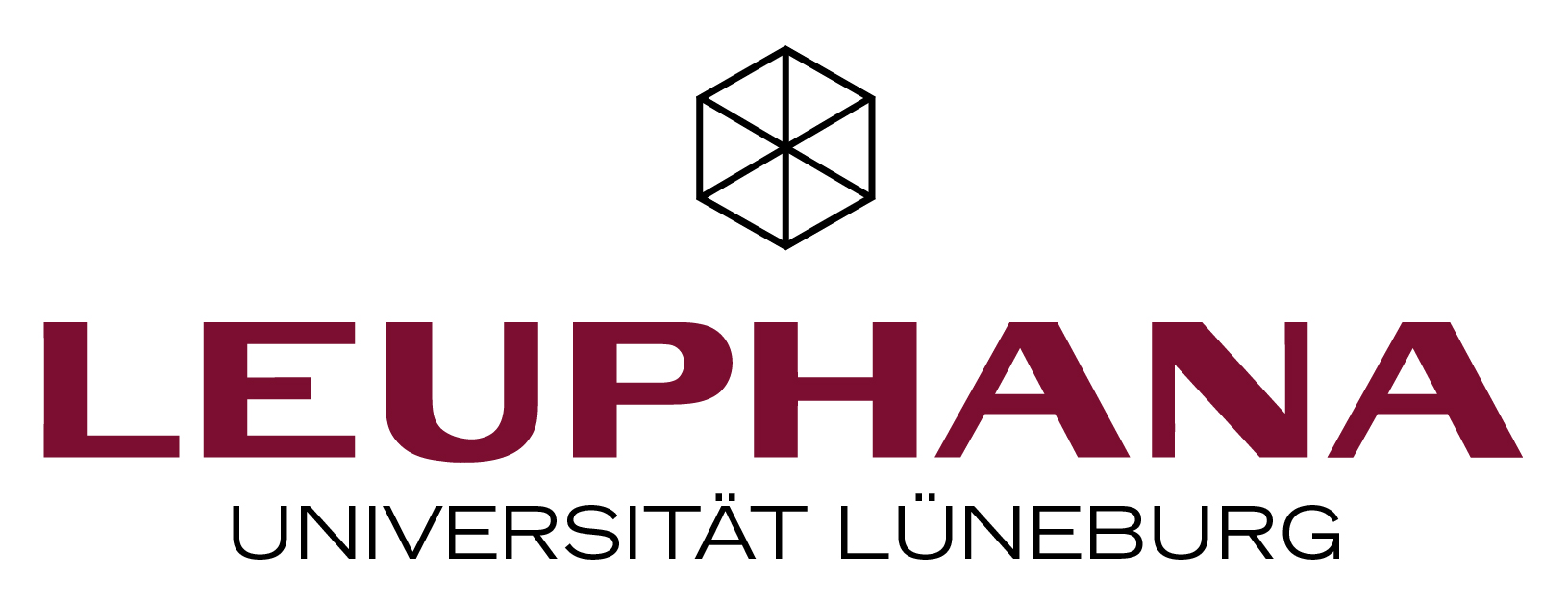Bitte benutzen Sie diese Kennung, um auf die Ressource zu verweisen:
https://doi.org/10.48548/pubdata-1433
Langanzeige der Metadaten
| Element | Wert |
|---|---|
| Ressourcentyp | Zeitschriftenartikel |
| Titel | A Universal Digital Stress Management Intervention for Employees: Randomized Controlled Trial with Health-Economic Evaluation |
| DOI | 10.48548/pubdata-1433 |
| Handle | 20.500.14123/1502 |
| Autor*in | Freund, Johanna  0000-0002-0038-9330 0000-0002-0038-9330Smit, Filip  0000-0001-9479-3600 0000-0001-9479-3600Lehr, Dirk  0000-0002-5560-3605 0000-0002-5560-3605Zarski, Anna-Carlotta  0000-0002-0517-6668 0000-0002-0517-6668Berking, Matthias  0000-0001-5903-4748 0000-0001-5903-4748Riper, Heleen  0000-0002-8144-8901 0000-0002-8144-8901Funk, Burkhardt  0000-0001-5855-2666 0000-0001-5855-2666Ebert, David Daniel  0000-0001-6820-0146 0000-0001-6820-0146Buntrock, Claudia  0000-0002-4974-5455 0000-0002-4974-5455 |
| Abstract | Background: Stress is highly prevalent and known to be a risk factor for a wide range of physical and mental disorders. The effectiveness of digital stress management interventions has been confirmed; however, research on its economic merits is still limited. Objective: This study aims to assess the cost-effectiveness, cost-utility, and cost-benefit of a universal digital stress management intervention for employees compared with a waitlist control condition within a time horizon of 6 months. Methods: Recruitment was directed at the German working population. A sample of 396 employees was randomly assigned to the intervention group (n=198) or the waitlist control condition (WLC) group (n=198). The digital stress management intervention included 7 sessions plus 1 booster session, which was offered without therapeutic guidance. Health service use, patient and family expenditures, and productivity losses were self-assessed and used for costing from a societal and an employer’s perspective. Costs were related to symptom-free status (PSS-10 [Perceived Stress Scale] score 2 SDs below the study population baseline mean) and quality-adjusted life years (QALYs) gained. The sampling error was handled using nonparametric bootstrapping. Results: From a societal perspective, the digital intervention was likely to be dominant compared with WLC, with a 56% probability of being cost-effective at a willingness-to-pay (WTP) of €0 per symptom-free person gained. At the same WTP threshold, the digital intervention had a probability of 55% being cost-effective per QALY gained relative to the WLC. This probability increased to 80% at a societal WTP of €20,000 per QALY gained. Taking the employer’s perspective, the digital intervention showed a probability of a positive return on investment of 78%. Conclusions: Digital preventive stress management for employees appears to be cost-effective societally and provides a favorable return on investment for employers. |
| Sprache | Englisch |
| Schlagwörter | Evaluation; Costs; Effectiveness; Utility; Benefit; Return on Investment; Stress Management |
| Jahr der Veröffentlichung in PubData | 2024 |
| Art der Veröffentlichung | Zweitveröffentlichung |
| Publikationsversion | Veröffentlichte Version |
| Datum der Erstveröffentlichung | 2024-10-22 |
| Entstehungskontext | Forschung |
| Fakultät / Abteilung | Fakultät Nachhaltigkeit |
| Anmerkungen | This publication was funded by the German Research Foundation (DFG). |
| Verfügbar ab / seit | 2024-11-08T12:07:37Z |
| Archivierende Einrichtung | Medien- und Informationszentrum (Leuphana Universität Lüneburg |
| Veröffentlicht durch | Medien- und Informationszentrum, Leuphana Universität Lüneburg |
Informationen zur Erstveröffentlichung
| Element | Wert |
|---|---|
| Ressourcentyp | Zeitschrift |
| Titel des Ressourcentyps | Journal of Medical Internet Research |
| Identifier | DOI: 10.2196/48481 |
| Publikationsjahr | 2024 |
| Band | 26 |
| Nummer | e48481 |
| Nummerntyp | Artikel |
| Verlag / Anbieter | Healthcare World |
Zugehörige Ressourcen
Dateien zu dieser Ressource:
| Datei | Beschreibung | Größe | Format | |
|---|---|---|---|---|
Freund_A_Universal_Digital_Stress_Management_Intervention_for_Employees.pdf Lizenz: 
open-access | 1.24 MB | Adobe PDF | Öffnen/Anzeigen |
Alle Ressourcen in diesem Repository sind urheberrechtlich geschützt, soweit nicht anderweitig angezeigt.
Ansichten
Datensatz Exporte
Zugriffsstatistik
Seitenaufruf(e): 7
Download(s): 5

 BibTeX
BibTeX
 RIS
RIS
 Datacite XML
Datacite XML
 OpenAIRE4
OpenAIRE4